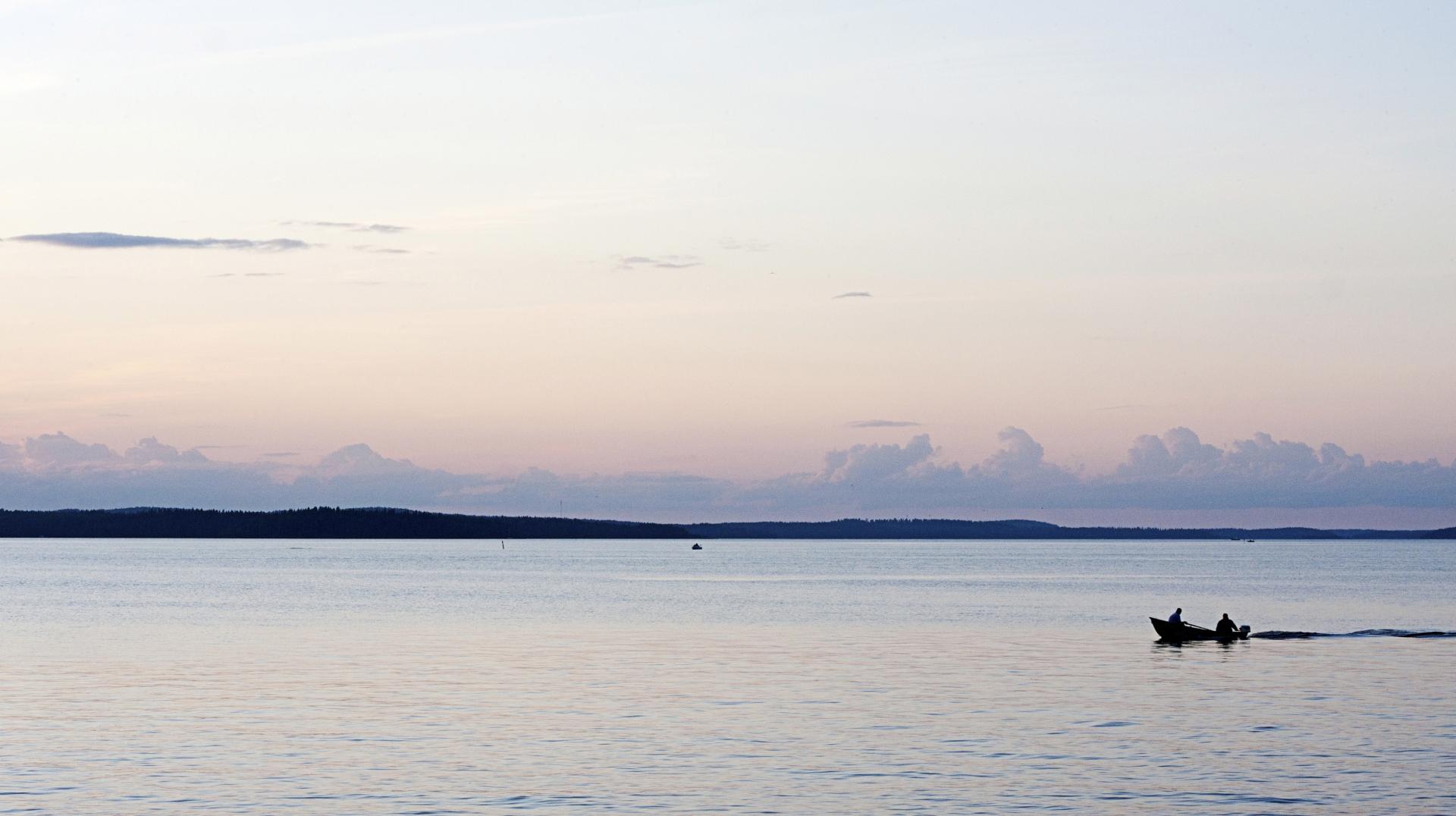We are heading towards times of resource scarcity and the rising price of oil and many other raw materials. What will happen when oil costs three euros per litre? The transportation industry will protest strongly, food and energy bills will skyrocket, people will stop spending and companies will start layoffs. Is Finland prepared for this economically, politically and socially?
What should Finland do to overcome these challenges? How should resource efficiency be developed to ensure both current and future competitiveness and sustainability?
In the following, Senior Leads Karoliina Auvinen and Matti Aistrich from Sitra discuss whether Finland should aim to become a pioneering market for resource scarcity management. Opposing and extreme points-of-view have been chosen to help generate further discussion.
Resource scarcity: a problem and an opportunity
Matti: Finland must face the reality of resource scarcity. We must understand that having an abundance of options is history: we can no longer handpick the business and industry opportunities we like best. Instead, we must grasp every opportunity – but not at any cost, of course. We must aim for the best possible result with the cards we are dealt.
Karoliina: By creating a pioneering market, we could approach the inevitable oil crisis in a controlled and proactive manner, rather than in a last-minute panic. In practice, a pioneering market could be created by making political decisions to raise the cost of fossil fuels. This would gradually create an artificial oil crisis in advance of the real one. At the same time, the use of renewable energy could be made easier in vehicles and in places such as homes, schools, workplaces, farms and factories while improving resource efficiency.
Matti: Artificial resource scarcity created by imposing extra taxes on raw materials or emissions would make it even more expensive for companies to operate in Finland. With regard to the sulphur directive, we have already lost the game. We should learn not to cause unnecessary damage again. Only in an imaginary world are things as rosy as they were five years ago. Only in an imaginary world can we still afford to undermine Finland’s prospects by increasing the burden of costs by raising taxes, for example. If our competitive ability is compromised on purpose, Finnish companies will die or relocate to friendlier environments, and foreign companies will continue not to invest in Finland.
Practical measures?
Karoliina: New infrastructure and services related to mobility and logistics could be supported through public purchases, subsidies and experimental pilot programmes, among other steering methods. This would create demand, references and a home market for Finnish technology and service innovations, which would considerably increase growth and export opportunities. The focus would shift from technology-driven to user-centred development, as the increased demand would allow technology wizards to leave their laboratories and meet real-life customers. This would considerably reduce the trend whereby solutions are thoroughly tested at universities or technical research centres, but fail to attract any customers.
This would also make Finland a more attractive destination for international companies. The creation of demand would increase the import of innovations, and the increased competition would impel Finnish companies to improve their performance. In addition, increased imports would improve our underdeveloped service sector and facilitate the internationalisation of Finnish companies and organisations.
Matti: Rather than shoot itself in the foot, a small country should observe what larger ones are doing and what type of operations are successful. We should support areas that begin to grow, such as the mineral industry. At the same time, we should proactively explore our future opportunities, in the spirit of realpolitik. For example, we already know that the decision to close down nuclear power plants in Germany means that the country needs to buy electricity – at least when it’s not sunny or windy in Germany. Sweden will face the same situation. How can we make sure that we have something to sell? Another example is the warming of the Arctic area, which will offer immense opportunities for collaboration in making use of Arctic areas in Russia. How can we become a preferred partner?
Pioneering as a solution
Karoliina: Environmental and climate regulation are currently seen as sources of additional costs that weaken our competitiveness, even though they should be seen as a means to maximise our competitive advantage. The results of creating pioneering markets in Germany, Denmark and Sweden are very promising. As a result of promotive measures carried out by the German government, the renewable energy sector in Germany employs 370,000 people. The country has harnessed its international network of more than 100 chambers of commerce to sell German expertise in the field around the world. Finland should join this development as soon as possible.
Matti: With regard to wind power and solar energy, the ship has already sailed. In terms of creating a pioneering market, Finland is too far behind the countries that have invested in these forms of energy. Finland is an expensive country as it is – there is no point in making it even more expensive on purpose. Creative destruction is a good thing. We must avoid unnecessary and costly defensiveness, and structures need to change, but the changes will also hurt. It makes no sense to force unnecessary changes by creating artificial resource scarcity, for example.
What is your opinion? Is there a happy medium between creative destruction and forced changes? Let us know in the comments section!
